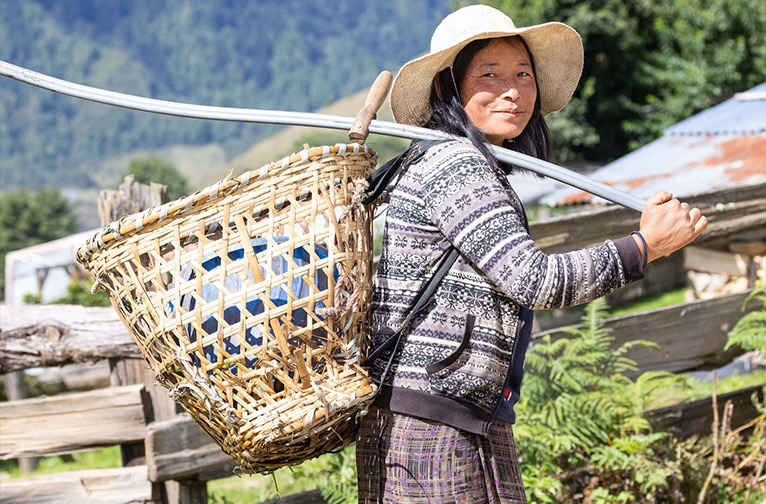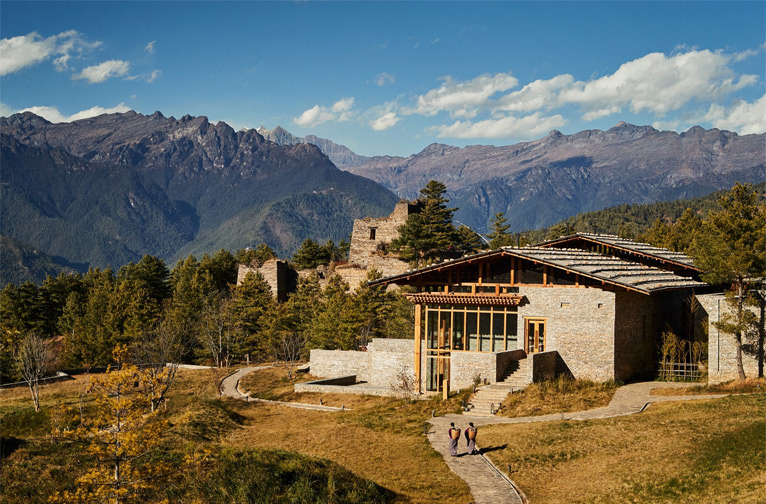Save up your bucks for a memorable holiday in Bhutan where the local residents show visitors how they’ve protected their sustainable lifestyles for centuries. The intertwining of sustainable branding and destination management beautifully reflects the government policy-led initiatives to protect this ancient natural and cultural legacy. As the world’s first and only carbon-negative country, Bhutan has steered its people away from using plastic bags since 1999; its conscious focus on renewable energy has been pivotal in taking care of its domestic energy needs.
Very quickly travellers become more mindful about over-walking of vulnerable physical environments, dumping garbage, noisome visits to wildlife parks, saving water and electricity, saying no to plastic, respecting the local environment and the culture of the community— and other such sustainable behavioural traits.
As reflected in its Gross National Happiness (GNH) philosophy, Bhutan's focus on sustainable development adds a new priority to holistic living. The GNH philosophy is based on the following four main pillars: equitable socio-economic development; conservation of the environment; preservation and promotion of culture and promotion of good governance. To put it succinctly, the GNH development philosophy is the Bhutanese version of the global concept of sustainable development.
As you travel around the country what leaves behind indelible memories for the visitor is how Bhutanese society is knitted together by strong community ties and social cohesion. this serves as a fantastic support system for fostering community support and a platform for generating collective action for common goals for the well-being of the people. Pop into the Simply Bhutan Living Museum in the national capital Thimphu, and do a deep dive into an authentic experience of everyday local culture from many aspects.
Hiking, trekking, and mountain biking offer wonderful opportunities for interfaces with the local settlements and a window to ancient customs and traditions in relation to the imprint on, and the preservation of, their natural environs. These beautiful interactions provide a window to a deeper understanding of Bhutan’s deep-seated sustainability agenda of uninterrupted commitment to environmental conservation.


The Bhutanese community is largely agrarian, with 69 percent of the country’s population living in rural areas. Stay with a local farmer and his family and discover how he still relies on favouring traditional farming practices, which, because it reduces the need for synthetic add-ons, simultaneously protects the health of the soil and local biodiversity. To realize the aspiration of Bhutan as a country with environmentally clean food production systems and products as inscribed in Vision 2020, the Ministry of Agriculture and Forests launched the National Framework for Organic Farming in 2007 – laying down the country’s policy for organic farming. Bhutan’s vision was to develop organic farming as a way of life and become fully organic by 2020.
Bhutan’s holistic approach to better living conditions, people empowerment and protection of its cultural and environmental legacies will surely resonate with travellers of a sustainable mindset in unimaginable ways.